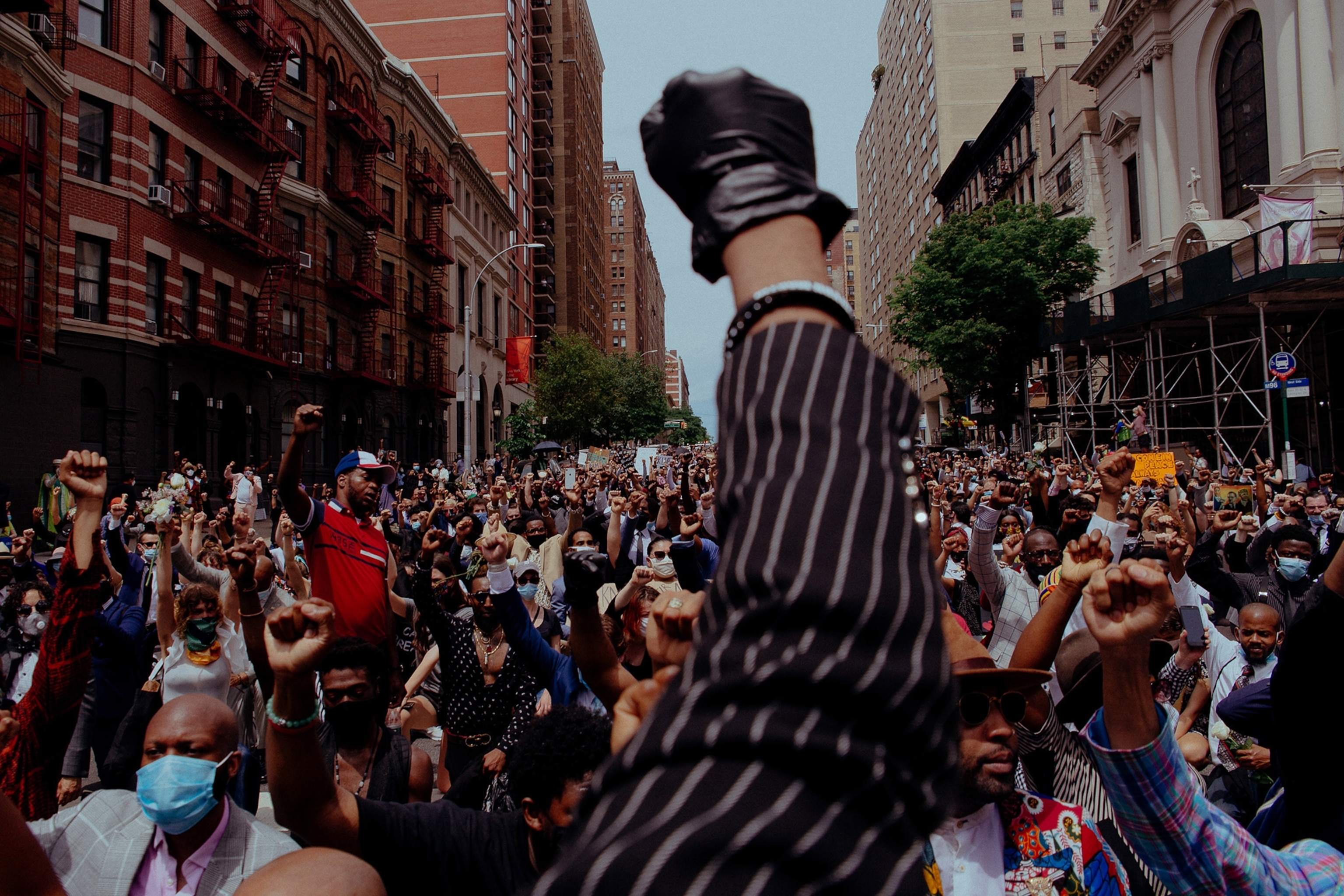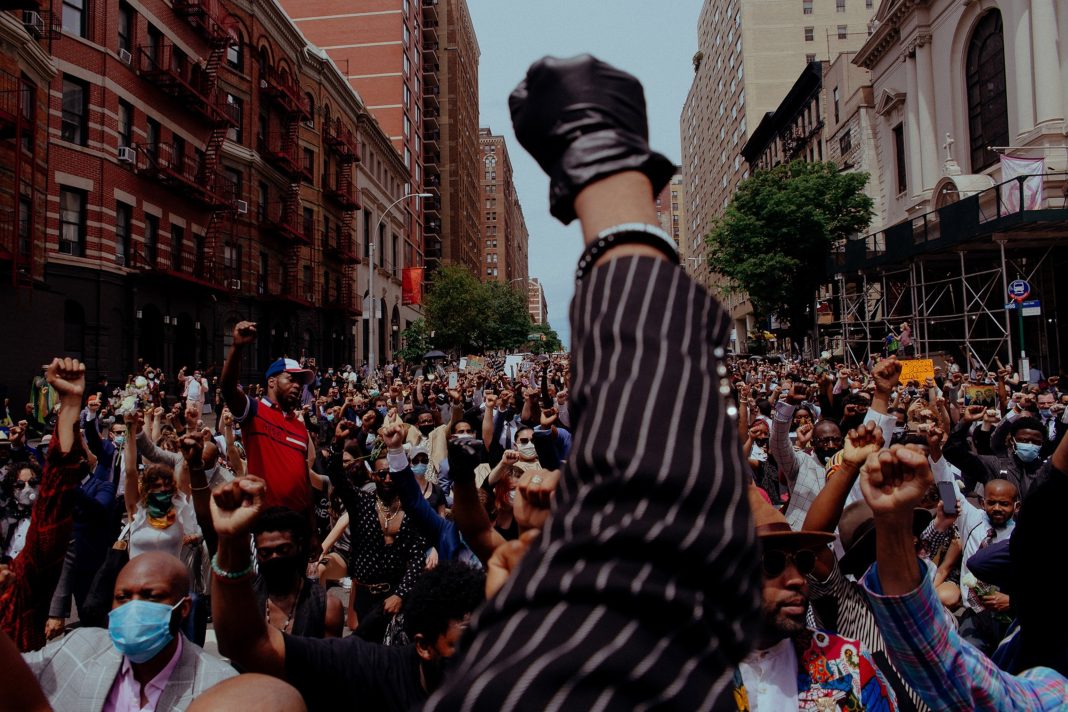
Protests and dissent incidents in China have been on the rise, despite the Chinese regime’s efforts to maintain control, according to a report published by U.S.-based nonprofit human rights watch group Freedom House. The report, called the China Dissent Monitor (CDM), recorded 805 dissent incidents in China from April to June, marking an 18 percent increase compared to the same period in 2023.
The majority of these incidents were related to labor issues, accounting for 44 percent of the protests, followed by homeowners’ protests at 21 percent. The province with the highest number of protests was Guangdong in the south, making up 13 percent of the total. Other provinces with significant numbers of protests included Shandong, Hebei, Henan, and Zhejiang. Notably, cities such as Shenzhen, Xi’an, and Sanya saw more protests related to economic issues.
The report also highlighted the involvement of two major Chinese real estate companies in property-related protests. Country Garden, a property development company based in Guangdong, was involved in 106 incidents, while Evergrande, a major Chinese property development company based in Shenzhen, was involved in 71 incidents. These protests were largely driven by the negative impact on people’s livelihoods, such as unfinished real estate projects, sudden workplace closures, and unpaid wages.
The increase in protests reflects the deepening legitimacy crisis faced by the Chinese Communist Party (CCP). Despite the CCP’s tight control over society, the rise in dissent suggests that the party’s rule is being called into question. The protests have even extended to the middle class and property owners, indicating the seriousness of China’s economic situation.
According to Tseng Chien-Yuan, chairman of the board of the New School for Democracy, the CCP’s rule, which has been built on economic development, is now facing significant challenges. People are being forced into poverty, undermining the party’s legitimacy. The fact that people are still willing to protest despite strict surveillance is seen as a warning sign of a major crisis.
Wu Se-Chih, a researcher at the Cross-Strait Policy Association in Taiwan, explained that social protests occur when people’s tolerance reaches its limit. He also noted that the actual number of protests is likely higher than what was reported due to the CCP’s control and censorship. The CCP has always suppressed protests and blocked information from reaching the public and the outside world. However, with the CCP facing serious financial problems, its ability to ease backlash or control the power of the people is diminishing.
Wu predicts that if Chinese society as a whole falls into economic despair, it will become even more challenging for the CCP to maintain control, eventually leading to social unrest and the collapse of the regime. This suggests that the rise in protests in China is not just a temporary phenomenon but a sign of deeper underlying issues that could have significant consequences in the future.
It is important to note that the data collected by the CDM may not capture the full extent of protests due to media restrictions and the CCP’s control over information. Nonetheless, the report provides valuable insights into the growing dissent and challenges faced by the Chinese regime. As protests continue to increase, it remains to be seen how the CCP will respond and whether it can address the underlying issues that are hindering economic growth and eroding its legitimacy.


